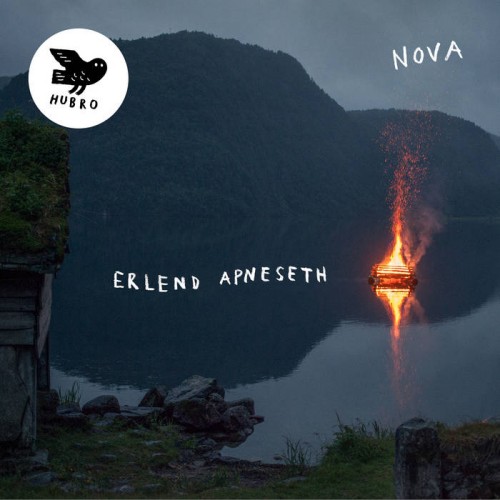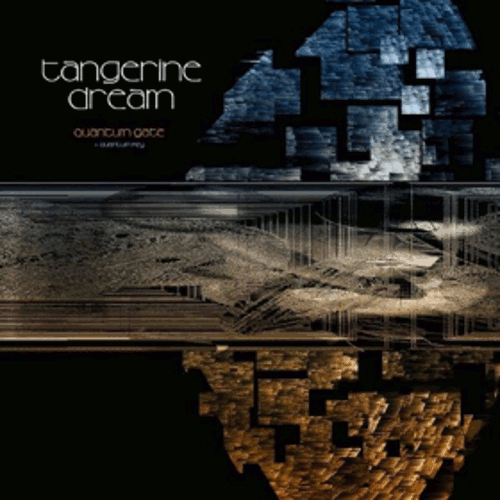 The Not Applicable label continues its journey through the outer reaches by releasing the first results of a threeway collab between Alex Bonney, Jem Doulton and Will Glaser as Pando Pando. They each bring an extraordinary array of talent and the list of prior collaborations and appearances is as long as my arm.
The Not Applicable label continues its journey through the outer reaches by releasing the first results of a threeway collab between Alex Bonney, Jem Doulton and Will Glaser as Pando Pando. They each bring an extraordinary array of talent and the list of prior collaborations and appearances is as long as my arm.
With two primary percussionists, you could be forgiven for thinking this s a journey into rhythm; but it is far more thought-provoking than that and the opener “The Graveyard Of Sharks”, with its distorted blasts of debris and simmering radioactive warehouse vibe, is a dense, compulsive introduction. The percussion spills and bursts, drifting into almost silence and the sense of unknown and echoing mystery hangs heavy.
The impressive interaction of the three players comes from a gradual evolution of playing live and having no boundaries, pushing each other into natural reactions to unexpected diversions. Elements are dropped in and then pushed and squeezed around, left to expand and emerge as something different from the theremin strangeness of “Waxy Cocoon” to the shivering abstract percussion of “Eno’s Bathroom”.The diversity of textures, particularly on the percussion, gives even the relatively short pieces a sense of epic grandeur; the feeling of something complicated and beautiful unfolding before your ears and yet the ideas flow constantly. They burst from the miasma of sound on “Fluffy Wires” and are distended and dissected, the ever-present physicality of the percussion sitting heavily, while ‘Eno’s Bathroom” is an ambient nod, electronic shimmer reflecting from tiled surfaces as rhythmic interruptions take us unaware.
Sudden explosions and percussive tension mark out “Dolphin Suicide” as splashy cymbals echo off empty walls while warped synth sounds settle lower down, pausing to reflect on an unimaginable situation. This willingness to fuse unexpected elements and then to leap into something far sparser is what makes this album work.
The scattered percussives of “Square And Stationary Earth” gargle with backwards sounds, while closer “It Must Have Been The Magpies” is just hints and rumours of sound, slithering an sidling around the listener, but without ever making us comfortable, instead suggesting something you are unsure of wanting but the compulsion is too great. The album is over surprisingly quickly and you can’t help feeling a little bereft as there seem to be so many more ideas open to exploration. Let’s hope this remarkable confection is the start of something; but for now, immerse yourself in the Pando Pando and become one with it.-Mr Olivetti-



